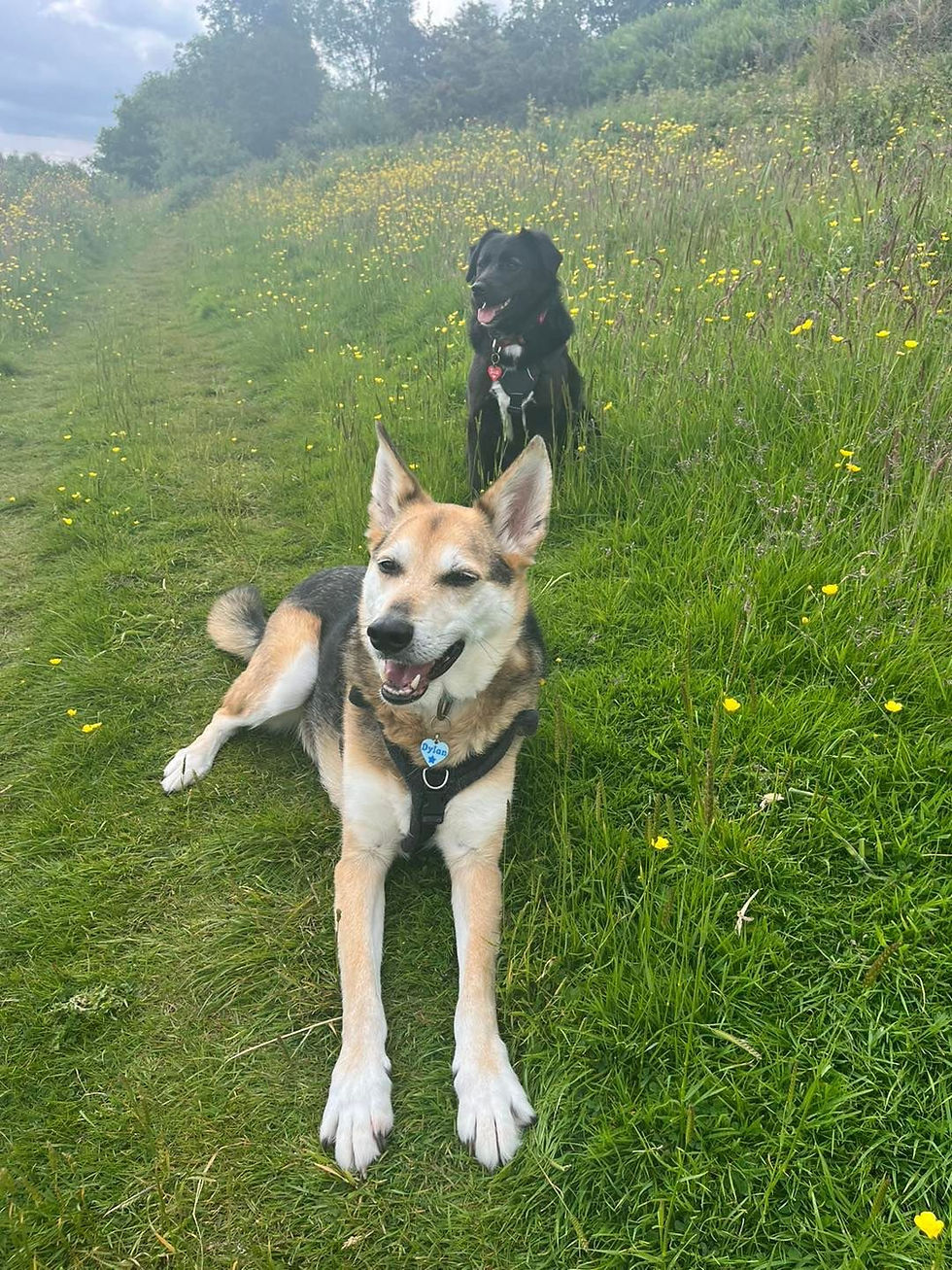Say no to animal abuse
- positivedirectiond
- Apr 17, 2023
- 1 min read
As well as being a behaviourist, I have experience of working with victims and survivors of domestic abuse. Abusive people can use animals as weapons against others, and pets are often threatened or harmed along with their human family members. The Dogs Trust’s Freedom Project is a fantastic service that supports people and their dogs when things aren’t safe at home.
Domestic abuse is almost always about power and control. Sadly, I see a lot of parallels between the behaviours of abusive people and the way some people and so called ‘trainers’ treat dogs. Anything that hurts, scares or punishes a dog is abusive - I don’t care what anyone says.
And abuse doesn’t always mean hitting, kicking or choking a dog. It’s not that simple. Behaviour suppression is a form of abuse. If a dog is shouted at, isolated, lead jerked or threatened enough times, it changes the way their brain functions and they are more likely to submit or withdraw. This may look like behaviour change - the dog might stop performing the behaviour they were punished for - but they’re also scared and shutting down. That’s animal cruelty, pure and simple.
‘Walking on eggshells’ is a phrase often used to describe how victims of abuse might feel. Changing behaviour to please the abuser, hiding their true feelings and constantly second guessing themselves. The same thing can happen to dogs. I’ll never support aversive training methods for this reason, and neither should you.
Choose fear-free training, every time ♥️
Scotland’s Domestic Abuse and Forced Marriage Helpline:
0800 027 1234




Comments